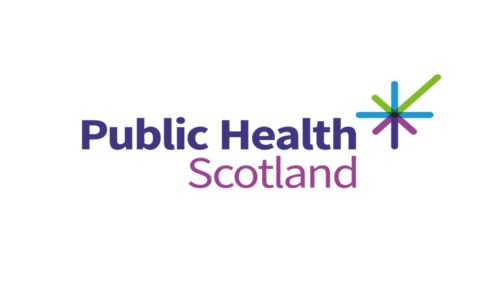
Avril Mckenzie, Senior Health Improvement Officer at Public Health Scotland talks about the recent work to improve data collection from people who have protected characteristics under the Equality Act 2010 and explains why it is vital to do this.
There’s a lack of accurate and comprehensive data for measuring and monitoring many aspects of health inequalities, especially for those related to protected characteristics such as ethnicity, disability and sexual orientation. For example, the lack of data on ethnicity became particularly clear during the Covid-19 pandemic.
The absence of data on ethnicity and other protected characteristics limits our ability to understand the extent of the health inequalities experienced by people with different protected characteristics. The benefit of collecting this data is that we can identify those inequalities, address them and make sure we target interventions appropriately.
Listening to the people this affects
We engaged with NHS Scotland staff, third sector organisations and people representing the nine protected characteristics.
We asked NHS Scotland staff to participate in an online survey so we could understand their experience of asking for equalities data.
We also held focus groups with people in Scotland who hold protected characteristics to find out what their experience of healthcare settings had been and also their experience of being asked for their equality data.
We wanted to make sure that participants at the focus groups were supported and felt able to share their views. To do this we worked with community and voluntary organisations to deliver the focus group sessions. If someone was unable to attend a group they were able to give us their views in an interview or by questionnaire.
What NHS staff told us
NHS Scotland staff told us that they didn’t feel confident about asking for equalities data and weren’t aware of best practice guidance. They lacked an understanding of equalities categories and feared getting things wrong or receiving a negative response from patients.
They thought that neither staff nor patients understood why it was important to collect equalities data and they felt that those who had negative experiences in health care were reluctant to share information.
Staff also told us they needed safe spaces as well as time to ask about equalities data and that private spaces should be available for sensitive conversations.
What people with protected characteristics told us
This is a snapshot of the responses we received:
“People [with protected characteristics] experience the NHS as a sterile and unwelcoming environment that is almost a punishment to engage with.”
“Currently services just expect a white, middle-class, heterosexual identity and everything else is seen as strange and problematic.”
‘’Interpretation services do not improve access, and opportunities to support people for whom English is not their first are often missed due to poor interpretation services.’’
“Patients experience the language barrier as isolating and frustrating.”
Overall, these responses highlight a need for training and information resources to improve equality data collection. The way the data is obtained needs to be tailored to both staff and patients. The responses also point to a need to improve the culture in healthcare settings in order to improve the experience of patients.
What we did
We used the findings to develop a set of resources aimed at NHS Scotland staff and patients.
The leaflet for patients is available in multiple languages. It explains why they may be asked for equalities data. It should be made available in healthcare settings when asking patients for their equalities data.
The leaflet for staff is to help them understand the importance of equalities data to help them ask for it. The leaflet focuses on setting the best environment for asking questions, privacy, understanding the use of data and communicating with patients.
There are also bitesize online learning resources for staff explaining how to collect patient equalities data.
Find out more
Access online versions of resources
Email Avril McKenzie, Senior Health Improvement Officer at Public Health Scotland at Avril.Mckenzie1@phs.scot if you would like printed copies of the leaflets or more information about the project.

